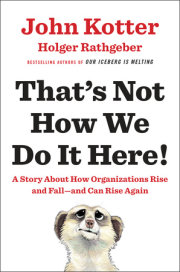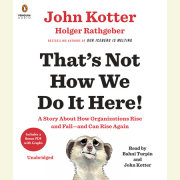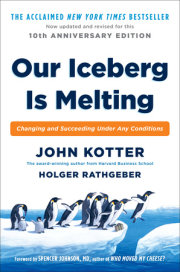The vultures had mysteriously turned from scavengers to killers. No one knew why. These awful, scary, deadly creatures were probably the final blow that was leading to the collapse of Matt’s clan.
Matt was a Meerkat—those smallish African animals that humans seem to find cute and interesting. Matt, like all Kats, had his own distinct personality and skills. He had always been shy and could be a bit too rigid once he had a plan in mind. But an inherent sense of loyalty, a soft smile, and skills he always used to help the group had made him much appreciated. He had usually enjoyed life, and most of the time life had enjoyed him back. But then . . .
Because the rain seemed to have disappeared, his clan of fuzzy little creatures no longer had enough food for everyone. At least once a day, Matt ate less so the young and old and weak could have more. But that hardly made even a small contribution to solving the problem. The increase in the number of predators was—well, Matt had never seen anything like it. A few Kats said it was all connected. Less rain meant less food, which was leading to strange and unpredictable changes in predator behavior. But who knew for sure?
They could not seem to agree upon, much less bring alive, any new big ideas to deal with the new problems. For Matt and many others, that was incredibly frustrating. Making matters even worse, getting the most routine daily work done was proving more and more difficult.
It was not as if Matt never heard any promising new ideas. He had two very creative friends, Tanya and Ago, who had come up with a possible way to find more food and waste less, and a potential method of spotting predators faster than before. But both Kats ran into a wall of “that’s not the way we do things here,” a reaction that, considering the circumstances, made no sense. Matt tried to pitch in and show others why such an argument was illogical. He talked to Kats he knew the best, those born in litters about the same time as he was. He talked to his Family Chief. And he got nowhere.
Matt was so tired. Because he was respected, he was asked by one of the big bosses—an Alpha—to take on this project and that project and another. The toll on him added up. He was not at all the type who walked through his days quietly or loudly angry at the world. Yet
here he was . . .
One very mad Meerkat.
Introduction
This story is about important issues almost all of us are now facing: The rate of change is going up, that fact can be hard to see clearly or to deal with well, and when we cannot find ways to avoid hazards, grasp opportunities, and produce the results we all truly value—all of which we know is possible because some people do it—life can become quite unpleasant.
We have chosen a fable format here—a story with a whole cast of characters, including Matt—because fables can take on big issues and be useful for many people. And the issues here really are big. To understand how we can get better outcomes, we need to more clearly understand how organizations rise, why they often eventually struggle no matter their past success, and why they can fall. We need more clarity about how a few rise once again to grow, fulfill their mission, create great jobs and services and wealth. It helps to see the role that discipline, planning, reliability, and efficiency play in these stories. And the role of passion, vision, engagement, speed, agility, and culture. And there is the issue of management versus leadership—and the latter not from just a few people in big corner offices.
Yes, yes, we know that this is a bit much for a short book. And, yes, many others have had much to say about these issues. But we think there is too much fog around some fundamental points that relate to success today. Only when we begin to lift that fog do we have a chance of turning twenty-first-century challenges and threats into exciting opportunities—for our businesses, governments, nonprofits, and ourselves. We could go on and on talking about the many decades of research underlying the ideas and insights in this story. But a discussion of that here could undermine our goals of being short, thought-provoking, useful, and fun.
Copyright © 2016 by John Kotter and Holger Rathgeber. All rights reserved. No part of this excerpt may be reproduced or reprinted without permission in writing from the publisher.













